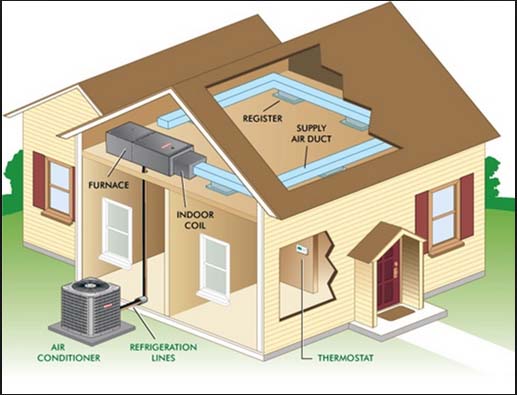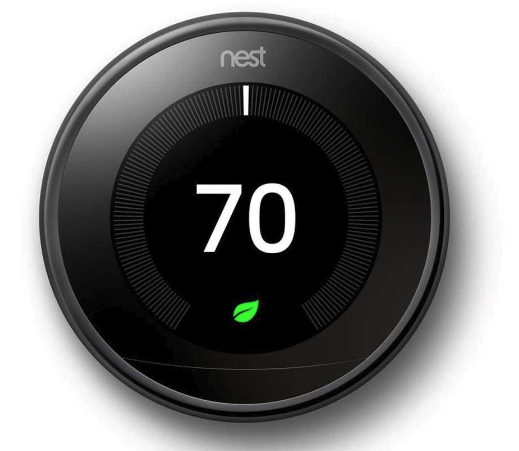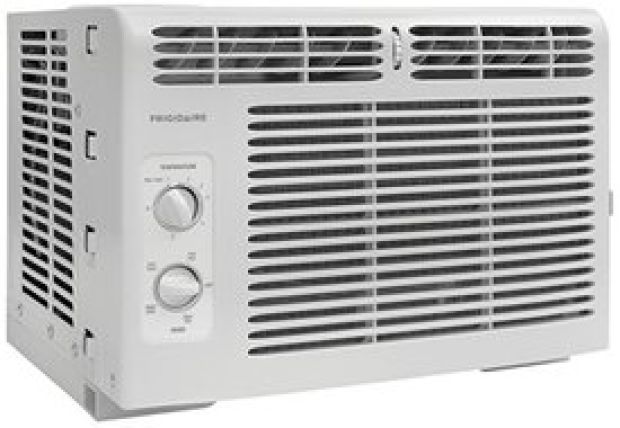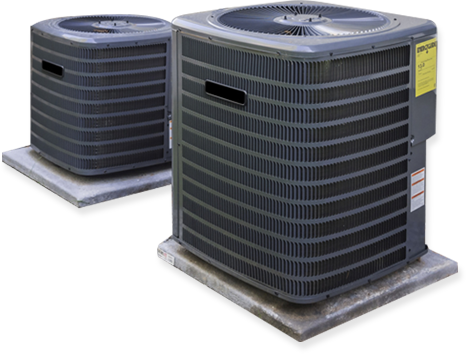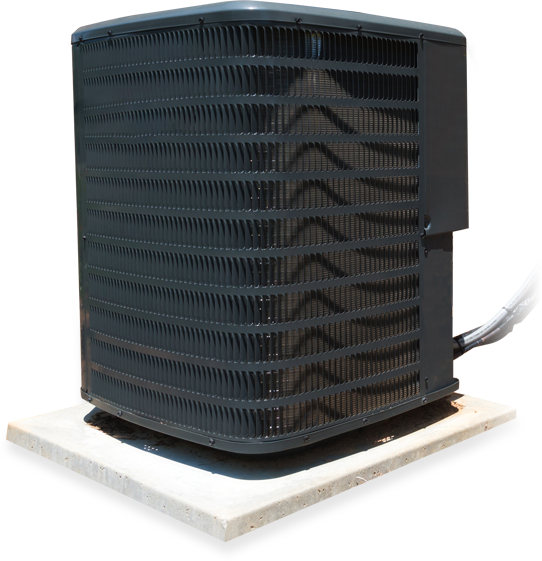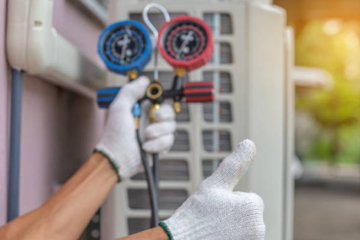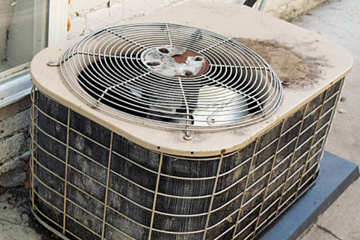A home is the single largest investment most people make in a lifetime, and a central air system is often one of the largest and most important appliance investments that go into that home. As such, it’s important to understand the average prices of central air units in Atlanta, Ga., the additional labor costs of professional installation by an HVAC contractor, and discounts to help you offset the costs of a new AC unit.
Your home should be a place of comfort, peace, and relaxation. It should be the place you look forward to sitting down and allowing all the stresses of the outside world to melt away. That’s rather difficult if you’re figuratively melting in a different way because you don’t have a reliable central AC unit. In fact, at least six months of your year in Atlanta, Ga is likely pretty miserable if you don’t have an efficient central air unit for your home.
Are you ready to make Atlanta’s humid heat more bearable in the summer and your home a more comfortable place for you, your family, and your guests? Here is your ultimate guide to getting the right AC unit at the right cost and finding a professional cooling contractor in Atlanta to install it.
Cost Estimate For Your Atlanta AC Unit
Based on cost profiles in the Atlanta, Ga area, you can expect the cost range of a new AC unit to generally fall in the $2,500 to $4,200 range. Expect a maximum cost of $6,000 and minimum cost of $1,700. The overall average cost is around $3,000.
It may sound like a big jump from a $1,700 cost to a potential $6,000 investment, but this wide price range is contingent on a number of factors. Some of these factors are open to adjustment based on need and want, which we will cover in a moment. Other factors, however, aren’t so adjustable. Your geographical location is a good example. A new AC installation in the North Buckhead community, for instance, will likely be more costly than other less prestigious areas.
The most important fact concerning cost estimates is to ensure you always conduct your own due diligence. It doesn’t matter what area of Atlanta you call home, you should always get at least three independent bids from professional Atlanta HVAC contractors.
Factors That Influence The Cost Of AC Units
As mentioned above, there are a number of factors that can sway the cost of your new AC unit to the low or high end of the cost estimate. The two most influential factors are the brand and size of the AC unit you select.
1. The Size Of Your AC Unit
When it comes to central AC unit size, you generally have seven options that are appropriate for residential installation:
• 1.5 tons ($1,600- 2,100)
• 2 tons ($2,300-$2,900)
• 2.5 tons ($2,400-$3,100)
• 3 tons ($2,700-$3,400)
• 3.5 tons ($3,000-$3,700)
• 4 tons ($3,100-$3,800)
• 5 tons ($3,300-$4,000)
While an adjustable factor, the size of the unit you select should always be based on the size your home. In other words, a small condo isn’t going to need as large of a unit as a four-bedroom home needs to adequately cool it. Selecting a unit that’s too large for your home means you’ve overpaid and will continue to overpay on your electric bills. Selecting a unit too small means you may not efficiently and effectively cool your home, which leaves your AC to run longer and harder. This, of course, both decreases its life and runs your electric bill up.
Your professional Atlanta HVAC contractor can help you determine the square footage of living space the unit will be cooling and the most appropriate unit size to fulfill that need.
2. The AC Unit’s Brand/Manufacturer
Brand is the second area where you have a lot of choice and price fluctuation. Today’s HVAC marketplace offers you over a dozen options for highly creditable and respected brand names, including:
• Whirlpool ($2,250)
• Comfortmaker ($1,950)
• Tempstar ($1,900)
• Aire-Flo ($1,900)
• Payne ($1,700)
• Armstrong ($2,100)
• Goodman ( $2,300)
• Rheem ( $2,600)
• Bryant ($2,400)
• Gibson ($2,600)
• York ($2,900)
• Frigidaire ($3,300)
• Lennox ($3,600)
• American Standard ($3,500)
• Carrier ($3,400)
As you can see by the average cost of the AC units these brands offer, brand selection will likely make a huge difference in how much your new AC system installation and home renovation costs in Atlanta.
How to decide on a brand? Discuss the pros and cons, such as part replacement costs, ratings, and warranties, of each with your professional HVAC contractor. He/she will be able to make a recommendation based on your price point and performance expectations.
Labor Costs For Central Air In Atlanta
Whether you’re upgrading an old or broken AC unit or in need of a new installation, you’ll need a professional Atlanta HVAC contractor to complete the project. This means that the cost of your unit will also include labor costs. Do keep in mind that the cost estimate of $2,500 to $4,200 in the first section of this guide did include labor costs.
While professional labor is a cost, DIY attempts can result in costly disasters, void warranties, and put your home and family at undue safety risks. HVAC installation is a task best left to professionals, and it’s a relatively small cost for your peace of mind in knowing the job was done to professional installation standards.
On average, data shows that Atlanta homeowners are charged $100-$400 in labor costs by professional cooling experts to install/replace an AC unit. Depending on the scope of the project, another $25 to $100 may be necessary for installation materials and equipment.
AC Unit BTUs And Ratings In Atlanta
BTUs measure an air conditioner’s efficiency at cooling a certain amount of space per hour. In other words, BTUs are the guides to determine what size air conditioner is needed to most efficiently and effectively cool your entire home. Here is a general guide on BTUs and the areas cooled:
• 8,000 BTUs – 700 to 1,000 square feet
• 21,000 BTUs – 1,000 to 1,200 square feet
• 23,000 BTUs – 1,200 to 1,400 square feet
• 24,000 BTUs – 1,400 to 1,500 square feet
• 30,000 BTUs – 1,500 to 2,000 square feet
• 34,000 BTUs – 2,000 to 2,500 square feet
Remember, buying a bigger unit than you need doesn’t just cost you more upfront in installation and equipment costs. Over the long-term, you’ll have a unit that’s more costly to maintain and maintenance and continually keeping your electric bill higher with wasted energy.
Energy-efficiency ratio (EER) and seasonal energy-efficiency ratio (SEER) are two more terms that you should know in selecting an HVAC unit for your Atlanta home. SEER tells you the efficiency of a unit during all four seasons by measuring the cooling output to the electric input during each season. You’ll want a minimum SEER rating of 14 and a 80db/67wb inside for your EER.
Atlanta Discounts For AC Units
Thanks to the movement for a greener world, the U.S. government continues to offer rebate incentives to homeowners across the nation for choosing the most efficient cooling systems on the market. Your HVAC unit will need to meet certain CEE (Consortium for Energy Efficiency) standards to qualify for a rebate, however. On your taxes, you could get a $300-$500 rebate for purchasing either a packaged AC with a 14 or higher SEER rating or a split-system AC with a 16 or higher SEER.
Need Help Finding Your AC Installation Contractor?
Atlanta’s heat is just getting cranked up, leaving months of sweltering heat yet to endure this summer. Contacting a professional to install an efficient AC unit in your home can offer you comfort both now and in the many seasons to follow. Allow us to help you find a reliable and professional Atlanta HVAC contractor today.
